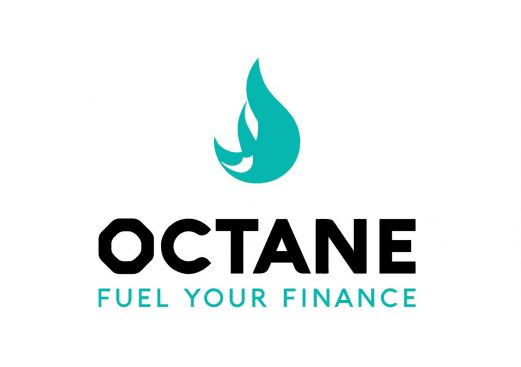Author: Nona Bowkis
Published: March 9, 2017
Reading time: 1 minute
This article is 8 years old.
Read our disclaimer keyboard_arrow_down
This website content is intended as a general guide to law as it applies to the motor trade. Lawgistics has taken every effort to ensure that the contents are as accurate and up to date as at the date of first publication.
The laws and opinions expressed within this website may be varied as the law develops. As such we cannot accept liability for or the consequence of, any change of law, or official guidelines since publication or any misuse of the information provided.
The opinions in this website are based upon the experience of the authors and it must be recognised that only the courts and recognised tribunals can interpret the law with authority.
Examples given within the website are based on the experience of the authors and centre upon issues that commonly give rise to disputes. Each situation in practice will be different and may comprise several points commented upon.
If you have any doubt about the correct legal position you should seek further legal advice from Lawgistics or a suitably qualified solicitor. We cannot accept liability for your failure to take professional advice where it should reasonably be sought by a prudent person.
All characters are fictitious and should not be taken as referring to any person living or dead.
Use of this website shall be considered acceptance of the terms of the disclaimer presented above.
One of our clients found themselves on the end of a claim about a faulty vehicle.
The consumer claimed to have paid on a credit card and so added Santander, as the card issuer, as well as our client on the claim form. In turn, Santander put in their own claim against our client under the provisions of Section 75 (2).
In discussion with our client, it transpired that the card used to make the payment was actually a debit card and not a credit card. Big difference.
A debit card does not give the consumer any rights under Section 75 of the Consumer Credit Act against the creditor, (Santander in this case) and therefore, it does not give Santander any right to take action against our client as, put in simple terms, it’s a debit card and the Act to which Section 75 applies is the Consumer Credit Act and not the Consumer Debit Act.
Once we sent a copy of the card receipt to Santander’s solicitors clearly showing it was a debit card which had been used for the payment, they quietly disappeared along with their claim against our client.









